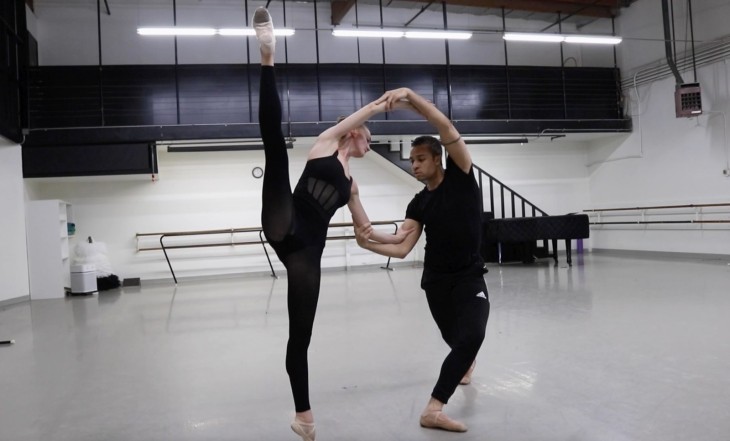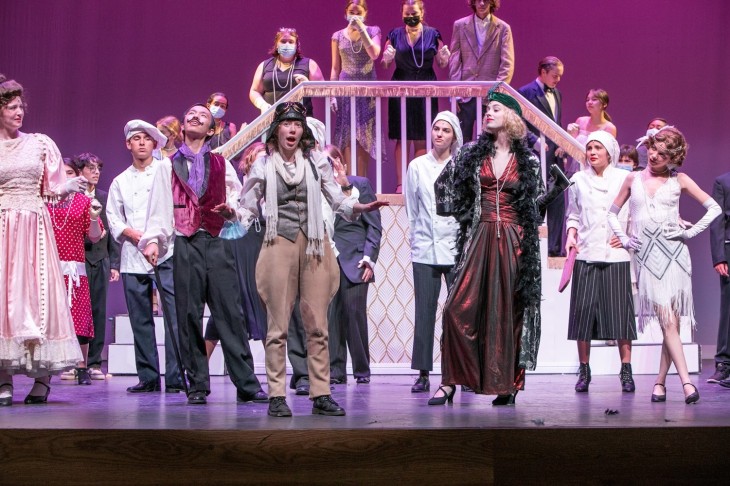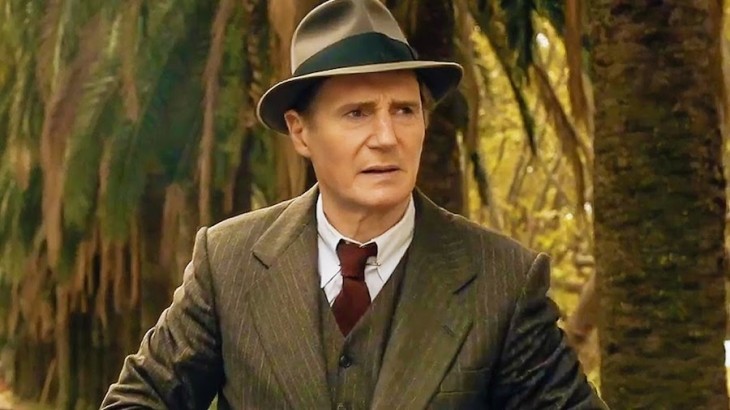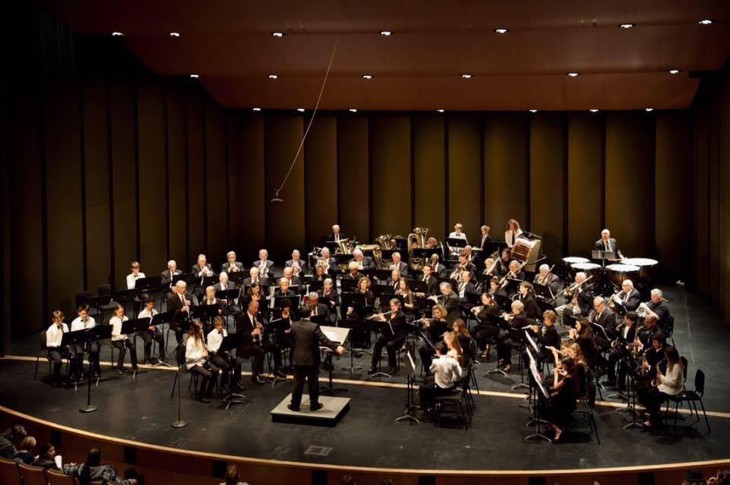Are you running on empty every time you hit the gym? The food you eat before and after your workouts can either minimize or maximize your athletic performance. Whether you prefer a brisk morning walk or an empowering Pilates class, it is important to give your body the nutrients it needs. Make sure to fuel your tank to keep your engines running long and strong with the following tips.
Be A Carbohydrate Champion
As the body’s main source of energy, carbohydrates are converted to sugar that is stored in the form of glycogen as future fuel for your muscles. When the time comes to sweat it out, your muscles are able to use this sugar for energy without getting fatigued. If you don’t have a sufficient supply you won’t be able to zoom through your zumba class! Exhaustion will prevent you from completing your workouts and protein will be used for energy instead. After a strong workout your body will need more carbohydrates to replenish the glycogen stores and minimize protein loss.
The best carbohydrates will provide you with adequate fiber, B vitamins, and iron for energy metabolism, reach for fruits, cereals, cracker, and breads. See pre-workout menus below!
Pump Up With Protein
Should you pass on the protein? If you seek sleek muscle tone, become pals with protein. It is essential for promoting tissue growth and repair. After a strength-training session your muscle fibers will require this nutrient to help you in building, repairing, and synthesizing new muscle.
Power up with these proteins: nuts, seeds, fish, poultry, beans, legumes, and eggs.
Bonus Tip: Consider trying High Performance, a combination of unique food herbs, exotic seeds, and brown rice that provides the high quality of energy necessary for sustaining an active lifestyle.
Forego The Fat
Although fat provides our body with energy, it is slow to digest to be converted to useable energy. Large amounts of oxygen are required to turn fat into fuel, so save the ice cream for a later treat!
Before you slip on those sneakers, make sure to avoid fatty, fried foods that will zap your energy.
Step Away From The Sugar
It is best to refrain from consuming refined sugars that will increase your insulin levels and cause a rapid rise and drop in your blood sugar.
Sugar snafus: sweet beverages, candy bars, sweet cereals and yogurts, and sugar-laced granola and power bars may give you an extra boost at first, but will leave you feeling tired soon after.
Put Your Pre- And Post-Workout
Eats Into Practice
Timing is everything! First of all, you probably already know it is best not to exercise on a full stomach to prevent cramping, nausea, and indigestion. Also, the time and intensity of your workout will often determine what you should eat and drink. A ten-mile marathon will demand more energy than a casual cycle around your neighborhood.
Two hours before a workout,
eat a small meal (choose one of these):
• 1-1/2 cups of whole grain cereal (carb) +
1 eight oz glass almond milk (protein and
carb) + 2 tbsp dried cranberries (carb)
• 2 scrambled eggs (protein) with spinach and mushrooms + 1/2 whole grain
muffin (carb)
• 1/2 cup quinoa (carb and protein) + small mixed green salad
• Whole grain toast (carb) with 1 tbsp nut butter (protein)
• 1 cup of whole grain pasta (carb) with 1/2 cup garbanzo beans (protein and carb)
• 3 oz turkey breast (protein) + lettuce
and tomato + 2 small whole grain
crackers (carb)
One hour before a workout,
snack on (choose one of these):
• small banana (carb)
• 1 cup low-fat, unsweetened goat’s yogurt (protein)
• 1/2 cup fruit and soy or almond milk smoothie (carb and protein)
• 1/3 cup hummus (carb and protein)
• 1/2 cup trail mix with nuts (protein),
seeds (protein), and dried fruit (carb)
One hour after a workout
Recover from the grind! It is best to eat within one hour of completing your workout in order to optimize muscle recovery. The highest rates of muscle glycogen synthesis occur during the first hour after exercise. Your body’s metabolism is also working at its best right after exercise so don’t wait too long to feed your belly. Your meal should contain both protein and carbohydrates, such as any of the above-mentioned foods. If you don’t have time to eat, a glass of low-fat milk is a good choice, with enough protein, carbs, and electrolytes like sodium and calcium.
Word to the Wise: Remember to replace lost fluids by drinking water after you exercise to prevent dehydration. For exercise lasting more than 90 minutes, aim to have one quarter to one half cup of water every 15–20 minutes. This will also help prevent fatigue while you are working out.
I hope that these suggestions will help you fuel up for your next workout and make you a healthy champion!
May you Live Long, Live Strong, and Live Happy!
Dr. Mao Shing Ni, best known as Dr. Mao is a bestselling author, doctor of Oriental Medicine and board certified anti-aging expert. He has appeared regularly on Dr. Oz, the Doctors and EXTRA. Dr. Mao practices acupuncture, nutrition and Chinese medicine with his associates at the Tao of Wellness in Santa Monica and
Newport Beach. Dr. Mao and his brother, Dr. Daoshing Ni founded Tao of Wellness over 25 years ago in addition to also founding Yo San University in Venice/Marina del Rey. To subscribe to his tip-filled newsletter please visit www.taoofwellness.com. To make an appointment for evaluation and treatment please call 310.917.2200 or you can email Dr. Mao at contact@taoofwellness.com.


























